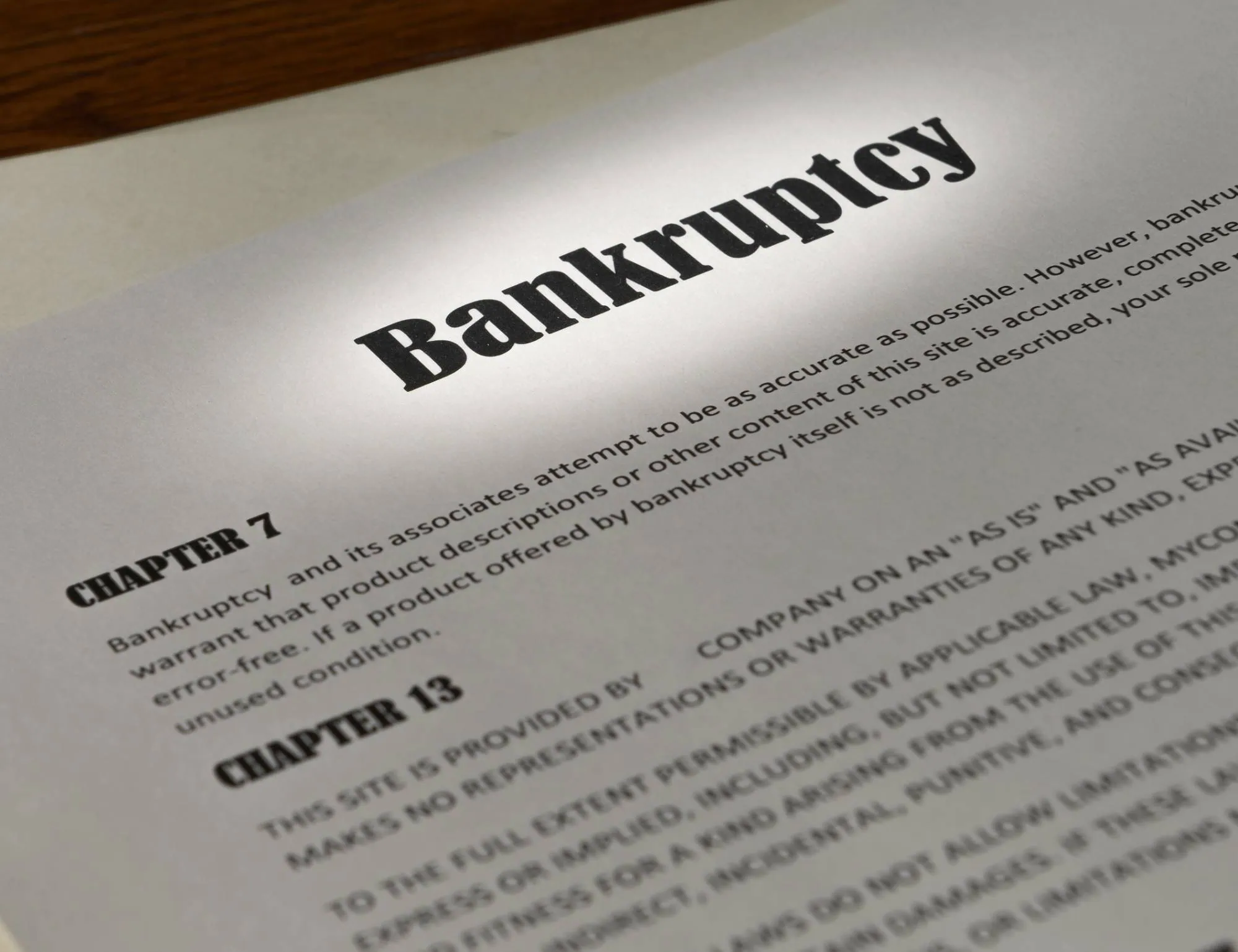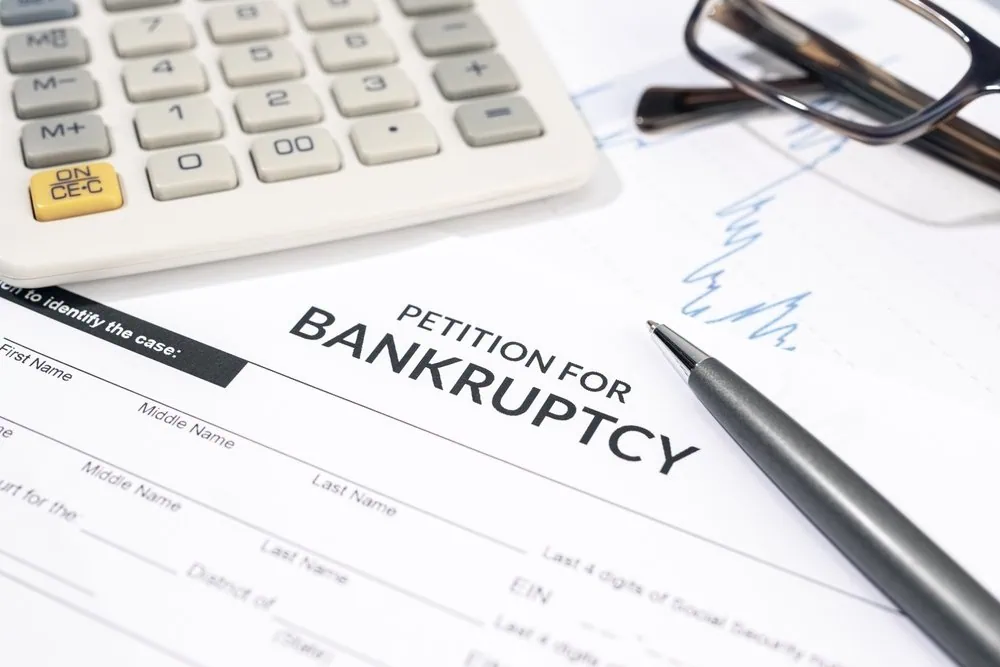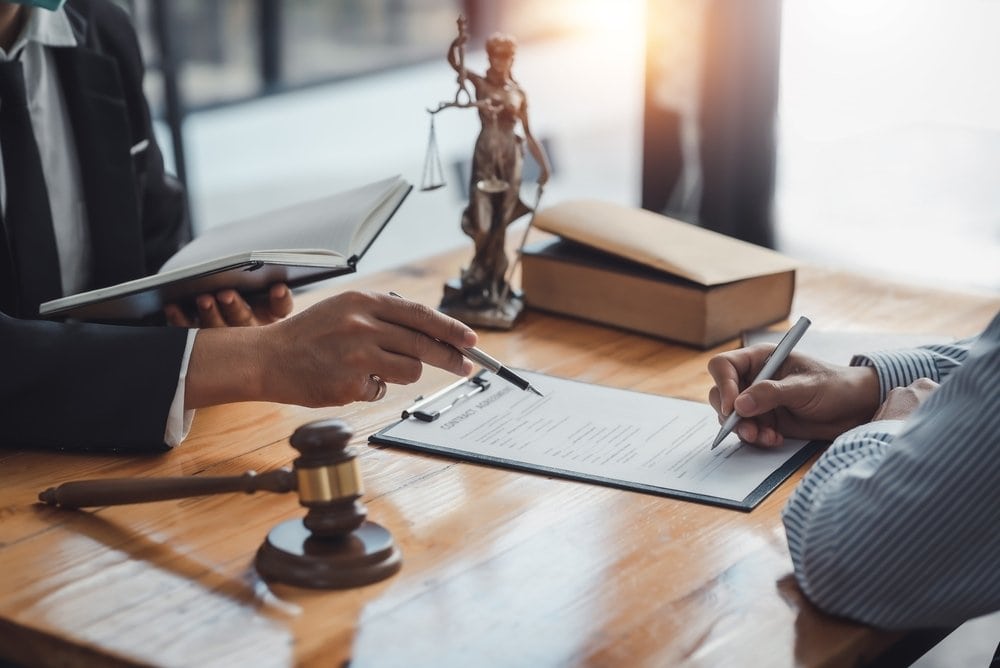If a lender is going to foreclose on your home for nonpayment, there is a court process that must be followed and you must receive a NY foreclosure summons as a part of this process. Essentially, a NY foreclosure summons alerts you that a legal action to foreclose on your home has been filed with the court and will be moving forward. You have the opportunity to respond to the NY foreclosure summons.
The best thing you can do when you receive a NY foreclosure summons is to contact an experienced attorney who can help you. Your lawyer can assist in identifying alternatives to foreclosure or in making a case for why your lender should not foreclose on your home. Call Ronald D. Weiss, P.C. today to learn more about how a NY foreclosure attorney can help respond to a NY foreclosure summons.
Responding to a NY Foreclosure Summons
You must respond to a NY foreclosure summons or the case will proceed without you. This means you may no longer receive notices from the court about the foreclosure action or the pending sale of your home. Further, if you do not respond to the summons or attend court, the court will hear the lender’s case for foreclosure and then will likely enter a default judgment against you. A default judgment effectively means that the court agrees that the lender has the right to foreclose on your home.
When responding to a NY foreclosure summons, you need to “answer” the summons, which means filing a response to the court. How you answer depends upon your circumstances. For example, you may have defenses that you can raise to argue against the foreclosure. Possible defenses include:
- Lack of standing: The plaintiff who filed the foreclosure action was not the legal owner of the mortgage at the time when filing the foreclosure lawsuit and thus had no standing to sue.
- Payment made: You have made payments that have not been properly credited or the payment is not reflected in the Summons and Complaint.
- You were not provided with a required 90-day Pre-Foreclosure Notice as required by New York law.
- An owner of the property is an active duty military member and qualifies for protection under state or federal law.
- The summons and complaint was improperly served. The correct procedures were not followed in notifying you about the foreclosure action.
These are just a few different examples of possible defenses that you could raise in response to receiving a foreclosure summons. If you are successfully able to raise a defense, then the lender may not be able to continue with foreclosure proceedings. In some cases, you can also slow down the process even if you are not ultimately able to avoid foreclosure. Slowing down a pending foreclosure action could give you time to file for bankruptcy protection or to negotiate a mortgage modification.
Ronald D. Weiss, P.C. can assist you in understanding all of your options and can help you to respond to a NY foreclosure summons. It is a good idea to get legal help as soon as you can when facing foreclosure, so call today.





